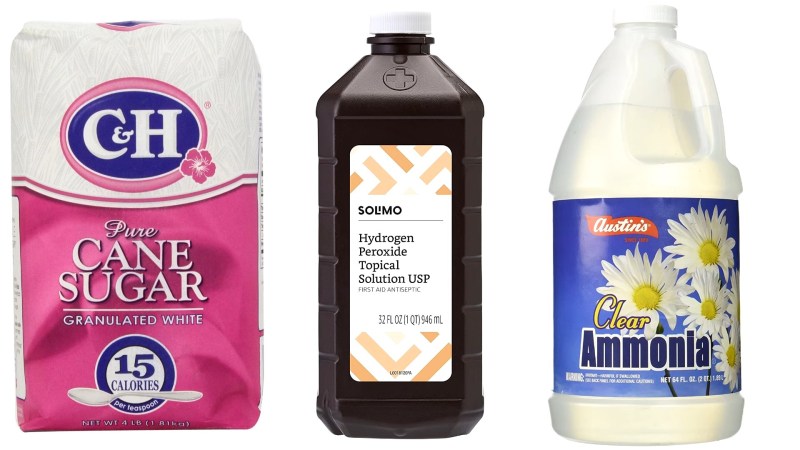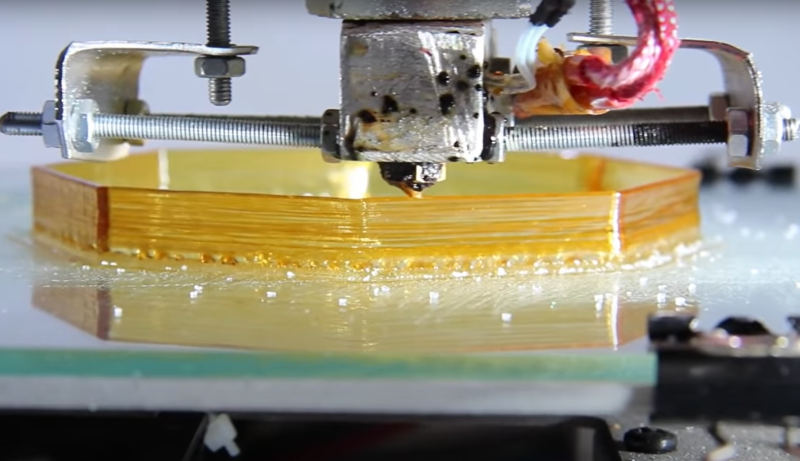Some artificial sweeteners found to alter microbiome and blood sugar
A new study has investigated the effects of four common artificial sweeteners on the gut microbiome in humans. The findings revealed not only can these sweeteners lead to distinct changes in gut bacteria composition but they can also alter a person’s g… Continue reading Some artificial sweeteners found to alter microbiome and blood sugar

